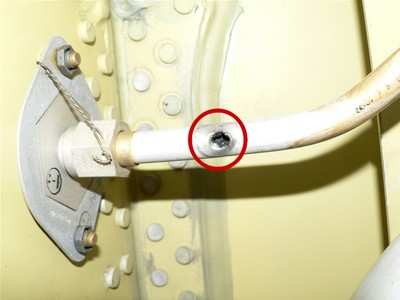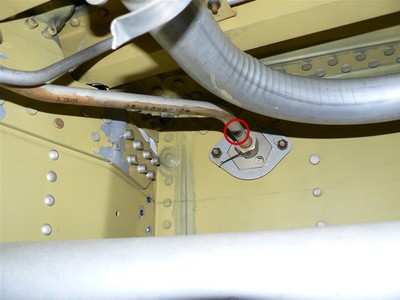Wed, Jul 12, 2006
Advertisement
More News
 ANN's Daily Aero-Linx (04.15.24)
ANN's Daily Aero-Linx (04.15.24)
Aero Linx: International Flying Farmers IFF is a not-for-profit organization started in 1944 by farmers who were also private pilots. We have members all across the United States a>[...]
 Classic Aero-TV: 'No Other Options' -- The Israeli Air Force's Danny Shapira
Classic Aero-TV: 'No Other Options' -- The Israeli Air Force's Danny Shapira
From 2017 (YouTube Version): Remembrances Of An Israeli Air Force Test Pilot Early in 2016, ANN contributor Maxine Scheer traveled to Israel, where she had the opportunity to sit d>[...]
 Aero-News: Quote of the Day (04.15.24)
Aero-News: Quote of the Day (04.15.24)
"We renegotiated what our debt restructuring is on a lot of our debts, mostly with the family. Those debts are going to be converted into equity..." Source: Excerpts from a short v>[...]
 Airborne 04.16.24: RV Update, Affordable Flying Expo, Diamond Lil
Airborne 04.16.24: RV Update, Affordable Flying Expo, Diamond Lil
Also: B-29 Superfortress Reunion, FAA Wants Controllers, Spirit Airlines Pulls Back, Gogo Galileo Van's Aircraft posted a short video recapping the goings-on around their reorganiz>[...]
 ANN's Daily Aero-Term (04.16.24): Chart Supplement US
ANN's Daily Aero-Term (04.16.24): Chart Supplement US
Chart Supplement US A flight information publication designed for use with appropriate IFR or VFR charts which contains data on all airports, seaplane bases, and heliports open to >[...]
blog comments powered by Disqus






